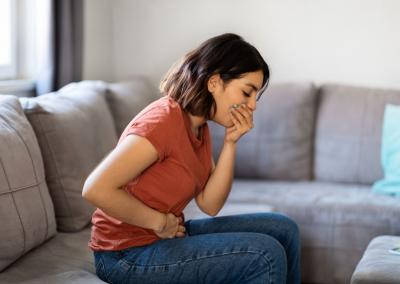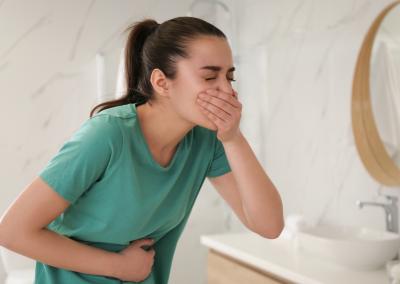In the autumn, the VMVT will face uncomfortable conversations in the Seimas. Parliamentarians puzzled by hidden information on unsafe food
The State Food and Veterinary Service (SVVT) says that, in line with Lithuanian and EU legislation, it is no longer obliged to specify how much meat contaminated with various bacteria is distributed on the market. "The main purpose of the public information is to provide clear information about the risks and to inform consumers that they can return the unsafe product and get their money back," says the VMVT press office. But is that enough? Does the information about unsafe food even reach consumers?
RASFF system and notice boards
The FVO publishes information on unsafe and dangerous food products on its website – RASFF system. Meanwhile, supermarket chains are obliged to post such information on in-store notice boards. But do many consumers pay attention to the supermarkets' notice boards?
„The VMVT publishes the information on its website, which is the same as those billboards in shops – nobody reads and sees them in the same way“, – believes Kęstutis Mažeika, Member of the Seimas, Chairman of the Committee on Rural Affairs.
„First of all, the population should be informed in a targeted way, e.g. through certain systems, in a certain region, because the most likely place for contaminated products is not a single point of sale, but several“,– continues to discuss the issue, adding that informing the population and consumers about products contaminated with dangerous bacteria is very important.
„Perhaps the population could receive warning messages via text messages through the Population Alert and Information System (GPIS). Would this be possible? Probably yes, but how much it would cost – is another question. We should ask the experts how realistic this idea would be", Mažeika raised the idea of how to ensure consumer safety in the food sector.
Harder sanctions for companies
Major companies and traders often only apologise for contaminated products entering the market and say they will strive to ensure quality in the future.
It would seem that the MOH should also be responsible for quality control, but according to publicly available data, it is usually small, individual companies that are fined and held responsible, not large producers. Shouldn't the HVO impose stricter sanctions on companies, without exception, when contaminated products end up in the homes and stomachs of consumers?
„Sanctions should be applied according to an algorithm based on the number of times an infringement is detected and the scale of the infringement, regardless of whether the company is small or large. Logically, large undertakings should place larger quantities on the market. The algorithm should therefore assess the frequency of infringements," says Kazys Starkevičius, Member of the Seimas.
K. Mažeika, Chairman of the Committee on Rural Affairs, echoes him: „Of course, sanctions should be stricter and should not take into account the type of company. We live in a democracy and the law applies to everyone.“
There will (not) be changes
K. Mažeika argues that the Government and the Ministry of Agriculture (MAA) should ensure that the MoEW objectively imposes sanctions on companies that commit violations.
However, the Ministry of Agriculture maintains that food safety issues are coordinated by the Ministry of Health, while the MoH generally operates according to its own statutes.
„In accordance with the provisions of the Food Safety Regulation of 4 April 2000, the Ministry of Food and Agriculture of the Republic of Lithuania has adopted the following provisions The Ministry of Health, within its competence, shall formulate the state policy in the field of food safety and prevention of food and nutrition related diseases and coordinate its implementation. Paragraph 5 of the same Article provides that the State Food and Veterinary Service shall, within its competence, implement the policy on food safety, quality and handling supervision, as well as the policy on the reduction of food-borne diseases in animals intended for human consumption, and shall be responsible for the provision of rapid food alerts, as specified by the press service of the Ministry of Agriculture.
However that may be, MEP Starkevičius has promised to raise issues related to the LPAI and food safety in the autumn session of the Seimas in the Committee on Rural Affairs.















































































































